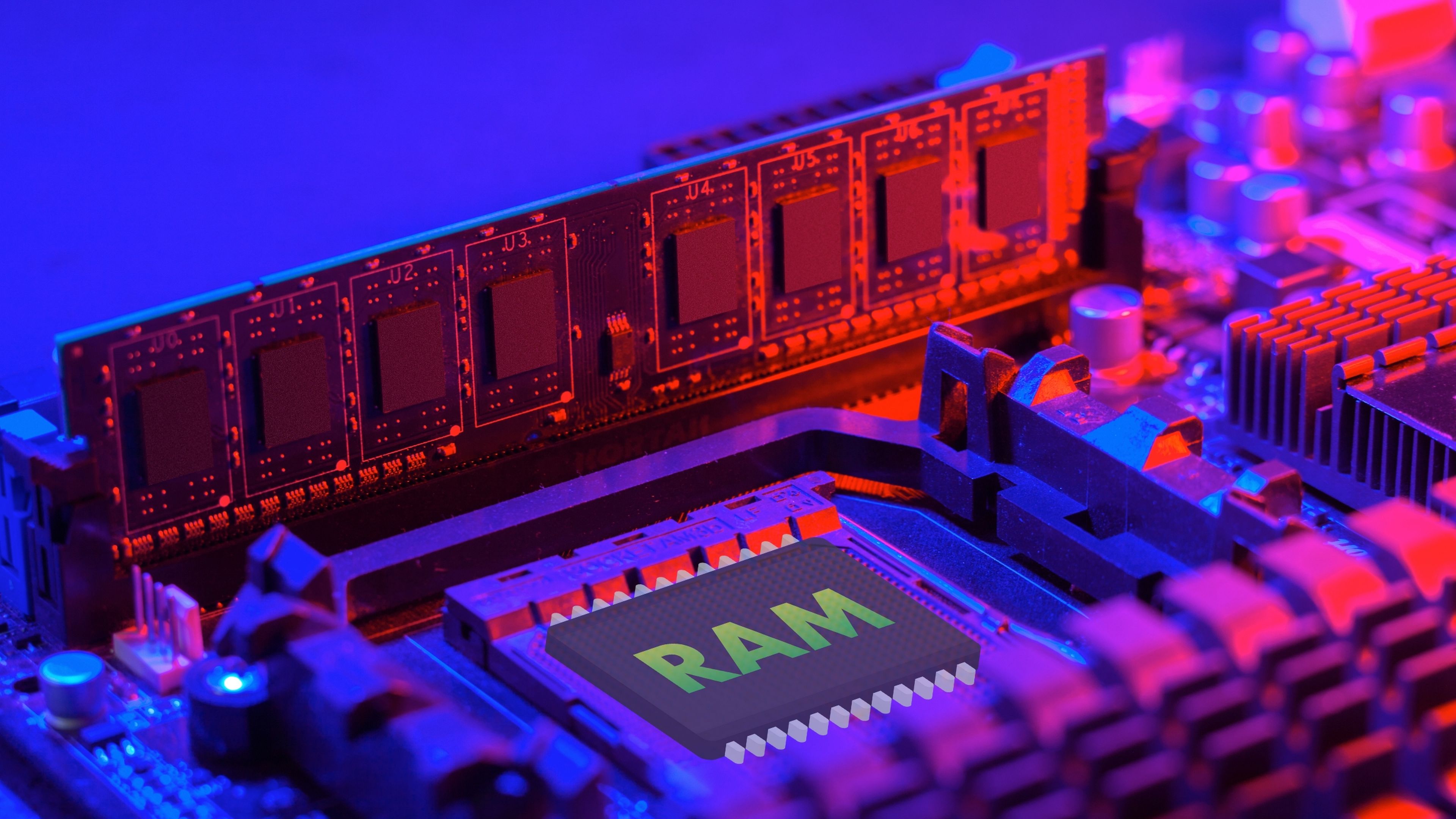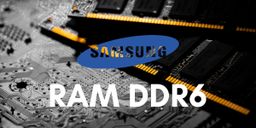You should carefully weigh the benefits of faster RAM against the additional costs it may entail, and consider whether it is compatible with other components in your system.
It is worth noting that each component of your PC plays a crucial role. From the graphics card to the processor, passing through the motherboard, They are all fundamental pieces that, together, make your team work efficiently.
However, among all these elements, RAM occupies a prominent place. Because? Because it is where the data that the CPU, GPU and other programs need to function are temporarily stored. Simply put, without enough RAM, your computer would feel slow.
It performs several essential functions on your computer and one of the most important is reducing loading times. When you open a program or file, RAM temporarily stores the data necessary for its execution, allowing it to be accessed quickly and efficiently.
Besides, It also improves multitasking by allowing your computer to handle multiple applications at the same time without slowing down.. Now, one of the topics that most intrigues users is whether the speed of this component really matters for improve the performance of your PC.
Does RAM speed matter for your computer's performance?
The answer is yes, but with nuances, since Speed is influenced by two main factors: frequency and latency. It should be noted that the frequency, measured in MHz, determines the maximum speed at which the RAM can operate.
On the other hand, latency, expressed in numbers such as CL14 or CL40, indicates the number of clock cycles that this component takes to respond to a data request. Both aspects are important, since Higher frequency allows for faster data transferwhile Lower latency reduces wait time between requests.
To understand why speed matters, you have to understand these concepts, which are absolutely key when buying RAM and installing it in your computer:
- Frequency: It is measured in hertz (Hz) and indicates how many times per second the RAM can read and write data. The higher the frequency, the faster data can be transferred.
- Latency: It is measured in nanoseconds (ns) and represents the time it takes for RAM to respond to a request from the CPU. The lower the latency, the faster the CPU can access information.
Currently, There are two RAM configurations available, such as DDR4 and DDR5.. DDR5 offers much higher clock speeds compared to DDR4, resulting in a significant increase in memory bandwidth.
However, It's important to note that DDR5 also has higher latency overall. Therefore, when choosing between the two, you must consider your specific needs and the type of use you will give to your computer.
On the market you can find DDR4 models with a maximum frequency of 3200 MHz, although there are kits that exceed 7000 MHz. On the other hand, the newest version, which is DDR5, starts at 4800 MHz, which represents an increase in speed. fifty%.

Getty Images
In addition to frequency and latency, Other aspects such as the number of memory channels and the system architecture also influence its performance.. Memory channels determine the amount of data that can be transferred simultaneously, while a more efficient architecture allows for faster communication between RAM and CPU.
Most modern motherboards support two memory channels. If you install two RAM modules instead of one, you'll be running the memory in dual-channel mode, which doubles bandwidth and significantly improves performance.
Now, the big question: Can faster RAM improve your PC's performance? The answer is yes, but with certain considerations. While faster RAM can provide a noticeable boost in performance, this benefit may be more apparent in memory-intensive applications and games.
Additionally, it is important to keep in mind that increasing RAM speed may come at an additional cost, so you should evaluate whether it is worth the investment based on your needs and budget.
For example, if you use your computer for basic tasks such as browsing the internet, watching videos, or working with documents like Google Docs or Microsoft Word, 3200 MHz or 3600 MHz DDR4 RAM should be sufficient. But if you create content, edit video, and stream, you'll want DDR4 RAM of 4000 MHz or higher, or even DDR5 if your budget allows.
RAM memory speed does matter, but it is not the only determining factor. If you're looking to improve your computer's performance, consider upgrading this component, but make sure you choose the right model for your needs and budget.














